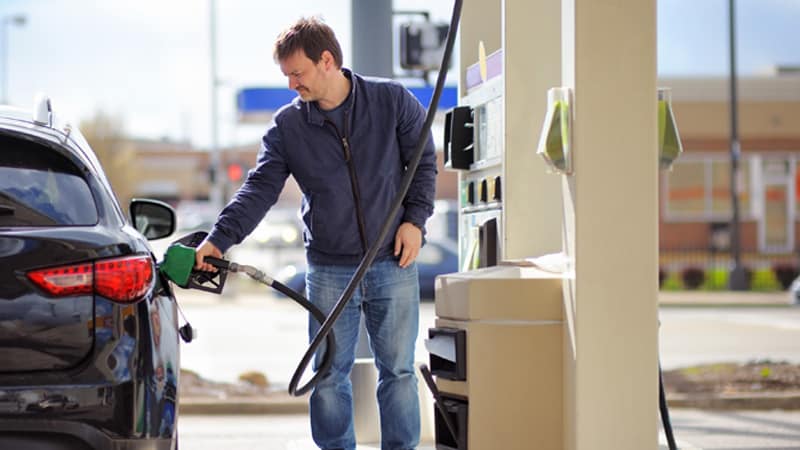Spending: Buy the Gas Your Car Deserves

My father was an all-gas-is-the-same guy who considered it a personal failure if he filled up at one station only to see gas sold for a few cents less down the road. For decades, I followed his price-only approach, but recent research has changed my mind.
Now I look for Top Tier gas. Even if you’re unfamiliar with the term, you’ve probably bought some at the pump. Although all gasoline is federally required to have chemicals that keep your engine clean, the Top Tier program says the products it sanctions have a higher concentration (and better mix) of these detergents. And an independent study by AAA bears out the claim.
So why wouldn’t you buy Top Tier? Well, price. Gas often costs less at the independent outlets that don’t opt for certification. But during the 12 months of its study, AAA found that Top Tier gasoline was just 3 cents more expensive than uncertified fuel, on average.
Once you’ve pulled up to a Top Tier pump, you face another decision: What grade? Regular, plus and premium are the usual choices. The grades reflect a numeric value for octane, a measure of the fuel’s resistance to igniting at the wrong time in your engine. And higher octane is more expensive.
A funny thing happened on the way to today’s lower fuel prices: The price differential between regular and premium gas soared. The average gallon of regular recently cost $2.38; premium was $2.88, or 21 percent more. That’s about double the historical gap.
Fuel experts point to a number of factors for this trend, but one is that carmakers are meeting rising fuel-economy requirements by building highly tuned, often turbocharged, engines that deliver optimum performance when fed higher-octane gas.
As ever, start with the owner’s manual. If it lists regular gas (normally 87 octane), great. Do not waste your money (as millions do) on premium.
If your manual specifies higher octane, see if it’s required or just recommended. If it’s recommended, feel free to pump regular and save money. You might notice slower acceleration, or you might not. Will your gas mileage suffer? We doubt it. While it’s hard to get numbers with so many models out there, Consumer Reports did some testing and found no loss.
If required (common among brands such as BMW and Porsche), things get murky. Many owners have recounted using regular gas without trouble. With these high-performance engines, however, you’re more likely to notice a power loss on lower octane. And if you’re going to try to scrimp, keep your ears open for the telltale sound of engine pinging. If you hear it for more than a second or two, go back to premium.
David Muhlbaum is an online editor at Kiplinger’s Personal Finance magazine. Send your questions and comments to moneypower@kiplinger.com. And for more on this and similar money topics, visit Kiplinger.com.
(c) 2017 Kiplinger’s Personal Finance; Distributed by Tribune Content Agency, LLC.


